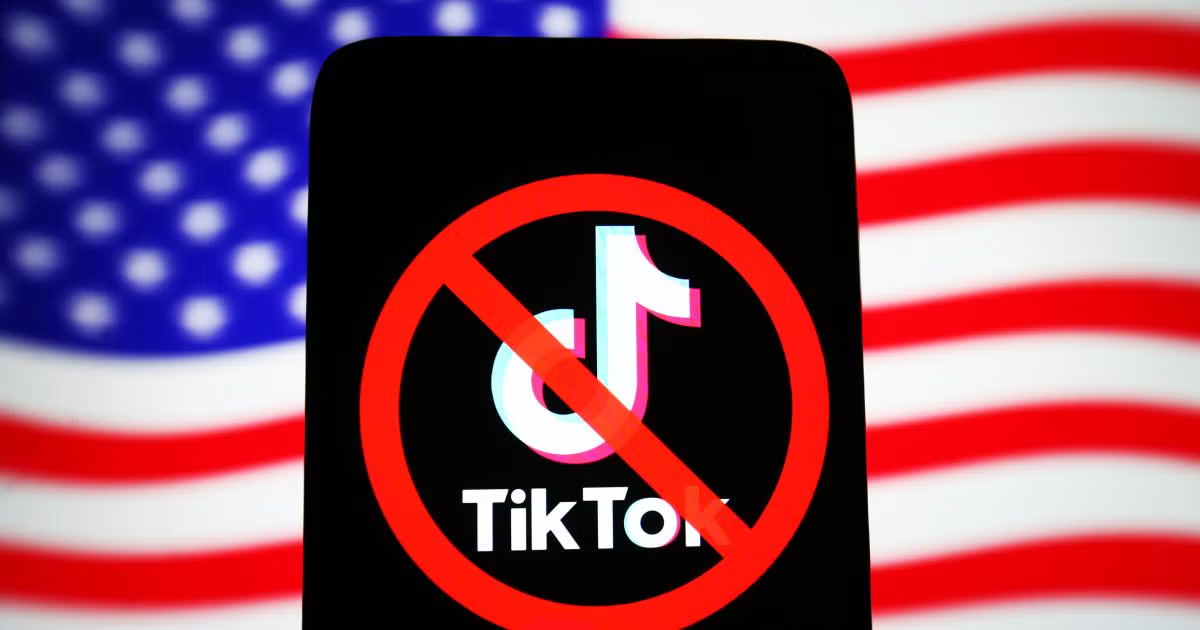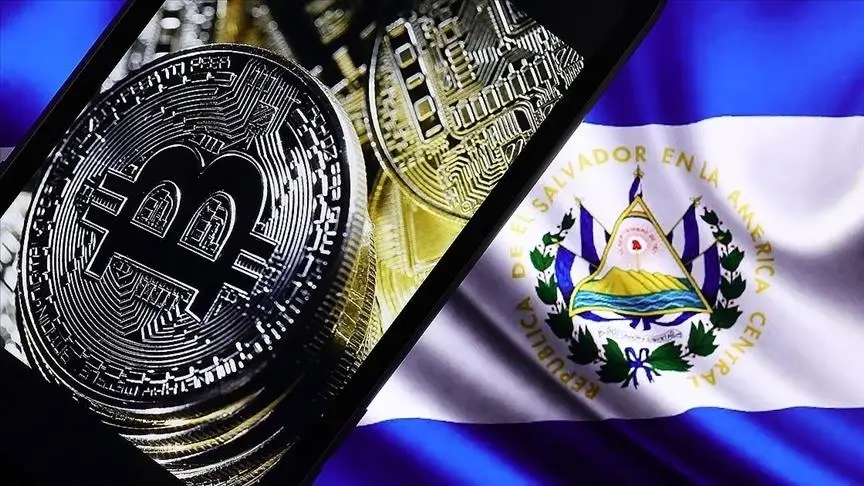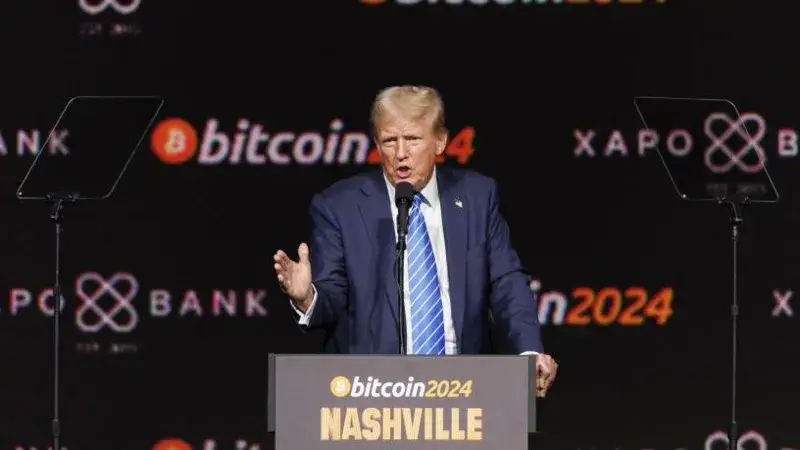
TikTok and its parent company ByteDance are preparing to take their legal fight to the U.S. Supreme Court after a federal appeals court upheld a law that could ban the app in the United States by mid-January. The law, signed by President Joe Biden, mandates TikTok sever ties with its China-based owner ByteDance or face a nationwide ban, citing national security concerns.
Appeals Court Decision
The U.S. Court of Appeals for the District of Columbia Circuit unanimously rejected TikTok’s argument that the law violated the First and Fifth Amendments. The panel emphasized the government’s right to safeguard national security and protect citizens from potential data exploitation by foreign adversaries.
“The First Amendment protects free speech, but the government has acted here to protect that freedom from external threats,” wrote Judge Douglas Ginsburg in the court’s opinion.
TikTok has denied allegations of data misuse or manipulation, arguing that no evidence supports claims of espionage or interference by the Chinese government. The company stated the law infringes on Americans’ rights to access information and silences over 170 million U.S. users.
Next Steps: Supreme Court or Political Solution?
With the clock ticking, TikTok plans to appeal the ruling to the Supreme Court. A company spokesperson expressed confidence that the justices would uphold constitutional protections. However, it remains unclear if the court will agree to hear the case before the ban takes effect.
In a surprising twist, President-elect Donald Trump, who had previously sought to ban TikTok during his first term, has recently voiced opposition to the current law. Trump’s national security adviser nominee, Rep. Michael Waltz, stated the president-elect is seeking a solution to keep TikTok operating in the U.S., potentially under new ownership.
Divestiture Challenges
TikTok has claimed that divesting from ByteDance is commercially and technologically unfeasible, especially since the app’s proprietary algorithm is a critical asset. Chinese regulations could also complicate any sale by restricting the transfer of such technology.

Broader Implications
The ruling has sparked concerns among free speech advocates. The Knight First Amendment Institute called the decision “deeply misguided,” warning it grants the government sweeping powers to restrict access to foreign platforms. Lawmakers who supported the legislation, however, celebrated the ruling as a victory for national security.
Globally, TikTok is facing heightened scrutiny. Canada recently forced the company to close its operations, and the European Union is investigating the app’s role in elections.
As TikTok fights for its survival, the outcome of this case could set a precedent for how governments address security concerns tied to foreign-owned platforms in an increasingly digital world.






